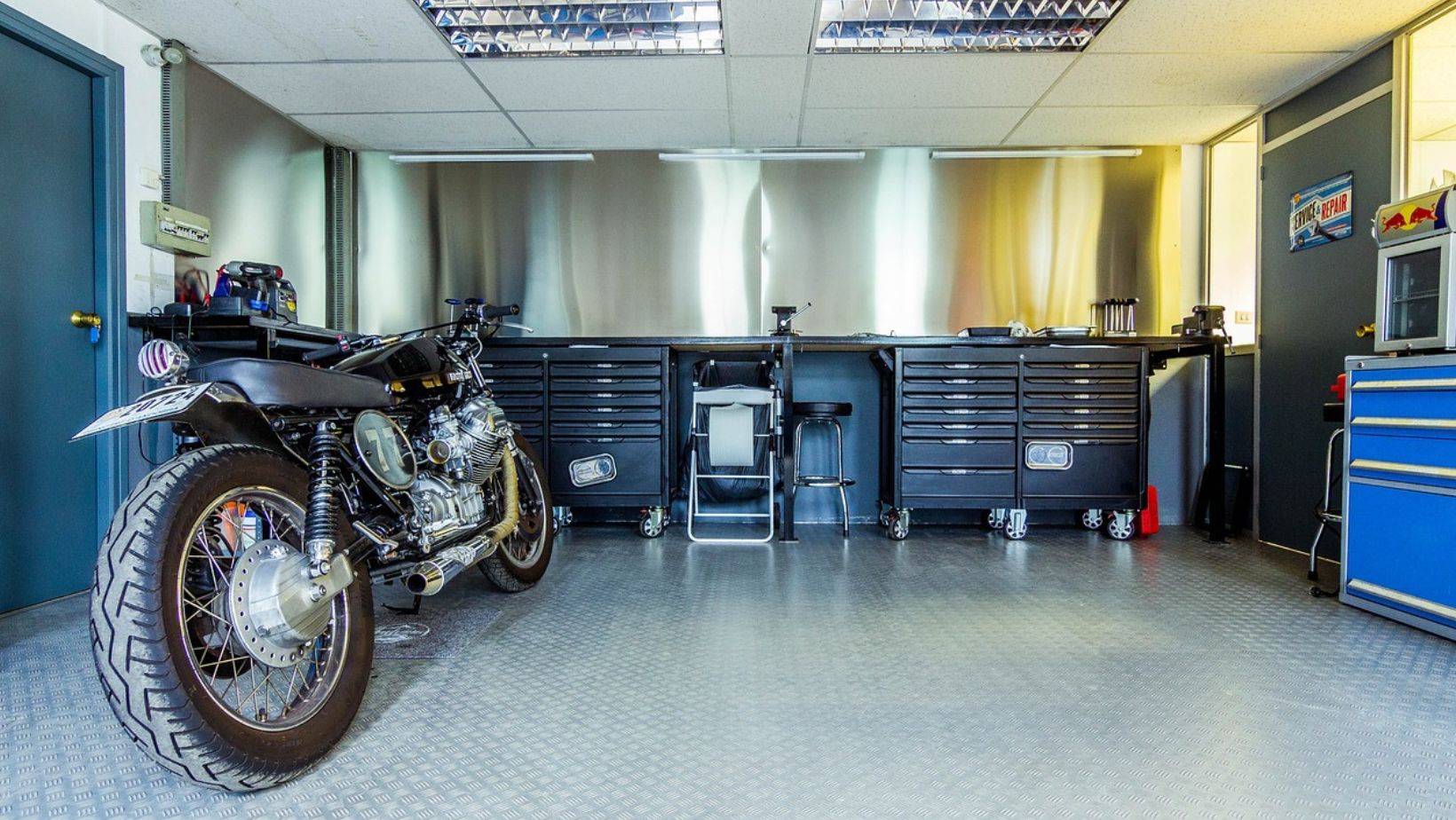Storing your vehicle during the off-season requires careful preparation to ensure it remains in top condition. Whether it’s a car, motorcycle, RV, or boat, neglecting certain steps can lead to costly repairs or decreased performance when it’s time to bring your vehicle back out. This guide will walk you through essential tips for safely storing your vehicle, helping you avoid common pitfalls, and ensuring it’s ready for use when the season returns.
Finding the Right Storage for Your Vehicle
When looking for storage options for your vehicle, it’s important to consider the specific requirements of your vehicle type. For those with larger vehicles, such as RVs or boats, finding dedicated boat and caravan storage can be crucial. These specialized facilities offer ample space and security features designed to protect your vehicle from the elements and potential theft. Evaluate factors like location, accessibility, and amenities when choosing a storage solution. By selecting the right storage facility, you ensure that your vehicle remains in excellent condition and is easily accessible when you’re ready to use it again.
Clean and Prepare the Exterior
Before storing your vehicle, it’s important to thoroughly clean it. Dirt, dust, and grime can damage the paint and finish if left untreated for extended periods. Wash the exterior and apply a coat of wax to add a protective layer against moisture and potential rust.

For boats and other watercraft, ensure that the hull is free of algae or barnacles, which can cause significant wear over time. Cleaning your vehicle before storage also helps you spot any existing damage that may worsen if left unattended during the off-season.
When preparing your vehicle for off-season storage, it’s essential to give it a thorough clean, including learning how to use snow foam correctly to ensure that all dirt and grime are safely removed without damaging the paint.
Protect the Interior
Much like the exterior, the interior of your vehicle requires attention before long-term storage. Vacuum and clean all surfaces to remove dirt and debris that might attract pests or create odors over time. For cars, consider using a leather or fabric conditioner to prevent the materials from drying out or cracking during storage. Additionally, leave a box of baking soda or moisture absorbers inside to reduce humidity and prevent mold or mildew from forming, particularly in closed environments like garages or storage units.
Maintain Battery Health
One of the most overlooked aspects of vehicle storage is the battery. A vehicle’s battery can drain over time if not properly maintained during the off-season. You can either disconnect the battery completely or invest in a battery maintainer (also known as a trickle charger) to keep it charged at an optimal level. This will help prevent the battery from dying or deteriorating while your vehicle is not in use. For motorcycles or boats, it’s a good idea to store the battery indoors, if possible, in a dry and cool environment to extend its lifespan.
Stabilize Fluids
Fluids such as gasoline, oil, and coolant can degrade over time and cause damage to your vehicle if not properly managed. If you’re storing a vehicle for several months, consider using a fuel stabilizer to prevent gasoline from breaking down and clogging the fuel system.

Also, check the oil and change it if necessary, as old or dirty oil can corrode engine components. It’s important to top off all fluids, including antifreeze and brake fluid, to prevent rust and other issues caused by moisture buildup.
Cover Your Vehicle
A high-quality vehicle cover is essential for protecting your investment during storage. Even if you store your vehicle in a garage or storage unit, dust, moisture, and small debris can accumulate and cause damage. Outdoor storage requires even more protection, as your vehicle will be exposed to weather conditions such as sun, rain, or snow. Choose a cover that fits your vehicle’s size and type, ensuring it is breathable to prevent moisture from getting trapped underneath, which can lead to mold and corrosion. Additionally, don’t forget to apply Safety Decals to your vehicle to help ensure proper warning and hazard identification while parked.
Safely storing your vehicle during the off-season is essential for maintaining its performance and longevity. By following these steps—cleaning the vehicle, protecting the interior, maintaining the battery, stabilizing fluids, covering it properly, ensuring tire health, and preventing pests—you’ll ensure your vehicle remains in optimal condition and is ready for use when the season returns. Taking the time to prepare your vehicle now will save you from costly repairs and headaches down the road.



